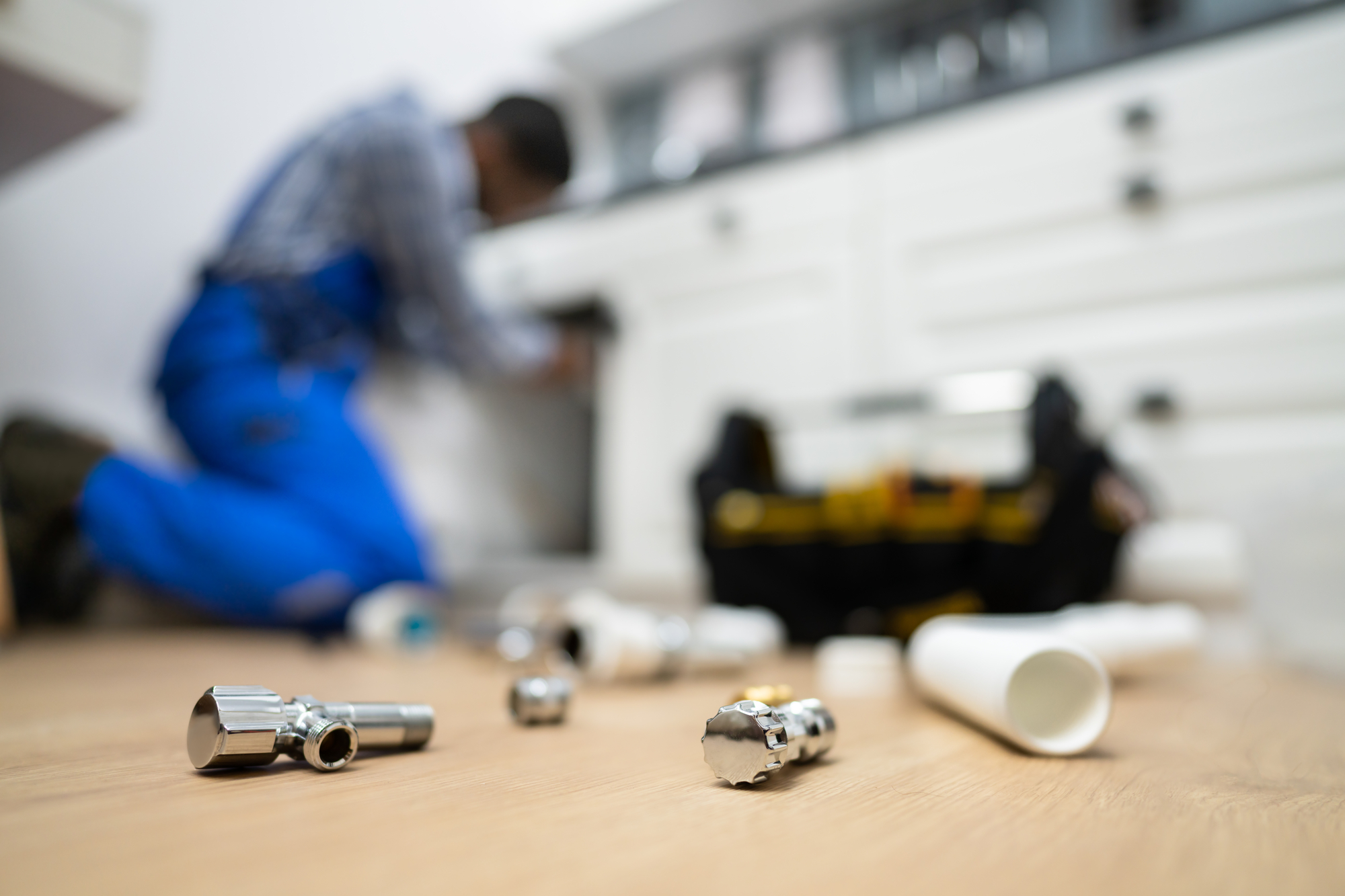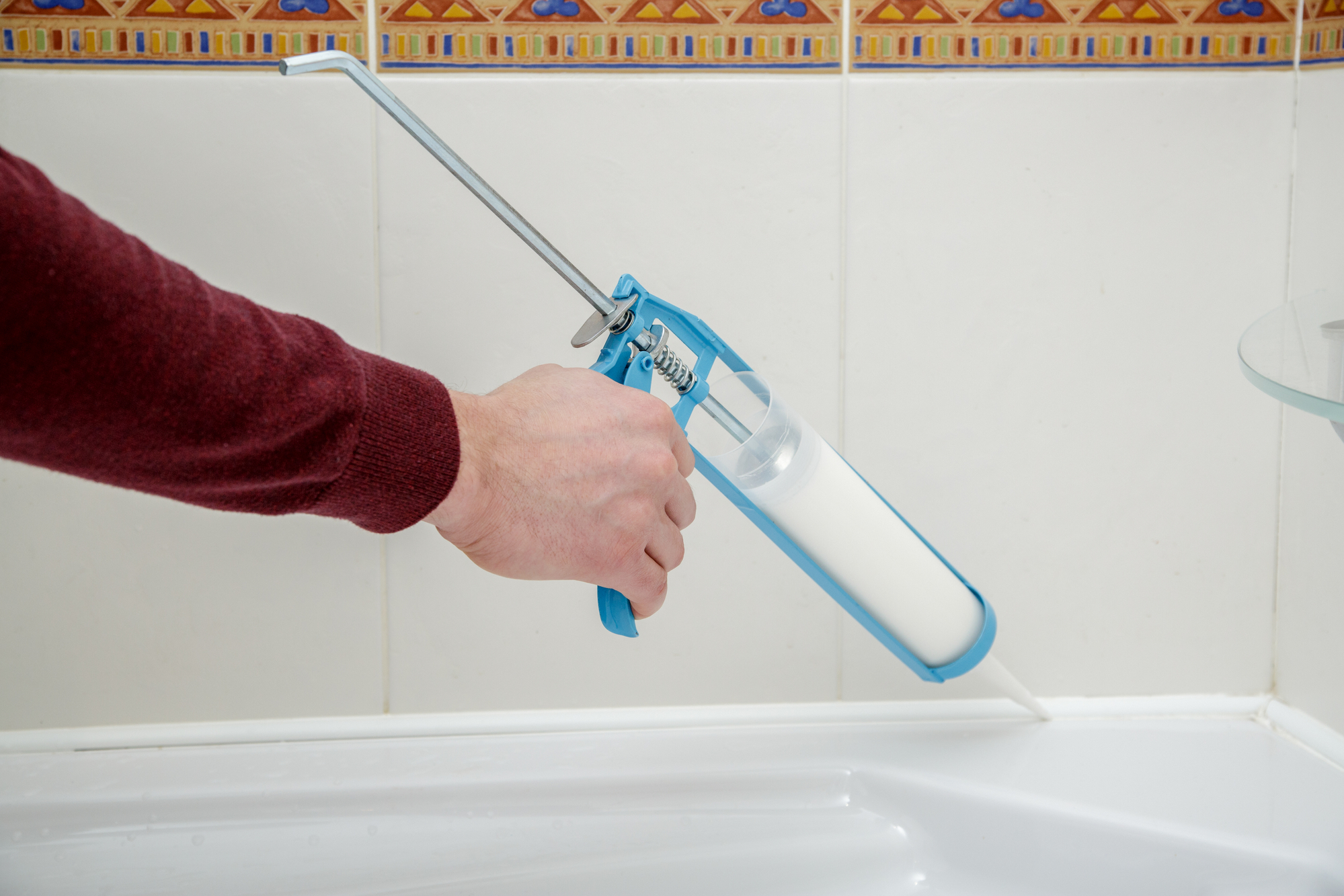As a plumbing services blogger, the question of whether or not to use silicone in plumbing applications often arises. There’s no clear cut answer to this question, as the use of silicone in plumbing projects is both dependent on the specific project at hand, and the type of silicone being used.
Silicone is a popular choice among plumbing professionals due to its durability, water resistance, and flexibility. However, there are also some pitfalls to using silicone, such as potential health and environmental concerns, as well as the possibility of it breaking down over time. Here’s a look at the pros and cons of using silicone in your plumbing projects.
Pros of Silicone Use in Plumbing Applications
1. Durability: Silicone is known for its durability, and its ability to withstand temperature fluctuations, water exposure, and general wear and tear.
2. Flexibility: Unlike many other sealing materials, silicone is incredibly flexible and can accommodate movement without cracking or breaking. This makes it ideal for use in joints and areas that experience a lot of movement.

3. Water Resistance: Silicone is completely water-resistant, meaning it won’t break down or become damaged when exposed to water. This makes it ideal for use in wet areas, such as showers, bathtubs, and sinks.
4. Versatility: Silicone can be used for a variety of plumbing applications, from sealing the joints in PVC piping to sealing the area around a faucet or showerhead.
Cons of Using Silicone in Plumbing Applications
1. Health Risks: There are concerns that the chemicals used in silicone production can be harmful to health. Some health experts recommend limiting exposure to silicone in order to reduce these risks.
2. Environmental Issues: The chemicals used in silicone production can also have environmental impacts. These chemicals have been known to cause pollution and can be harmful to the planet.

3. Not Heat Resistant: Although silicone is resistant to temperature fluctuations, it is not heat resistant. This means that it is not ideal for use in areas that experience high temperatures, such as around a heat source.
4. Breakdown Over Time: While silicone is incredibly durable, it can break down over time, which can compromise the integrity of your plumbing project.
So, should you use silicone in your next plumbing project? The answer depends on the specifics of your project and your personal preferences.
If you need a sealing material that is versatile, flexible, and water-resistant, silicone is a great choice. However, if you are concerned about the potential health and environmental impacts of silicone, there are other sealing materials available that you may prefer.
When selecting a type of silicone for your project, it’s important to choose a high-quality product from a trusted brand. This will help ensure that you are getting a product that is both durable and safe to use.
Ultimately, the decision of whether or not to use silicone in your plumbing project is up to you. If you decide to use silicone, make sure to follow the manufacturer’s instructions carefully to ensure that your project is properly sealed and protected.
Remember, the goal of any plumbing project is to ensure that your home is safe, comfortable, and functional. By choosing the right materials for your project, you can achieve this goal with confidence, whether you choose to use silicone or not.
Conclusion
Silicone is a popular choice among plumbing professionals due to its durability, water resistance, and flexibility. However, there are also some potential health and environmental concerns associated with it, and it is not heat resistant.
Ultimately, the decision of whether or not to use silicone in your plumbing project is up to you. If you do decide to use silicone, choose a high-quality product from a trusted brand and follow the manufacturer’s instructions carefully to ensure the best results.
Thank you for reading this in-depth article and if you need any plumbing services, please visit “aceplumbingrepair.com” or give the plumbing experts a call at “(844) 711-1590” for assistance.






